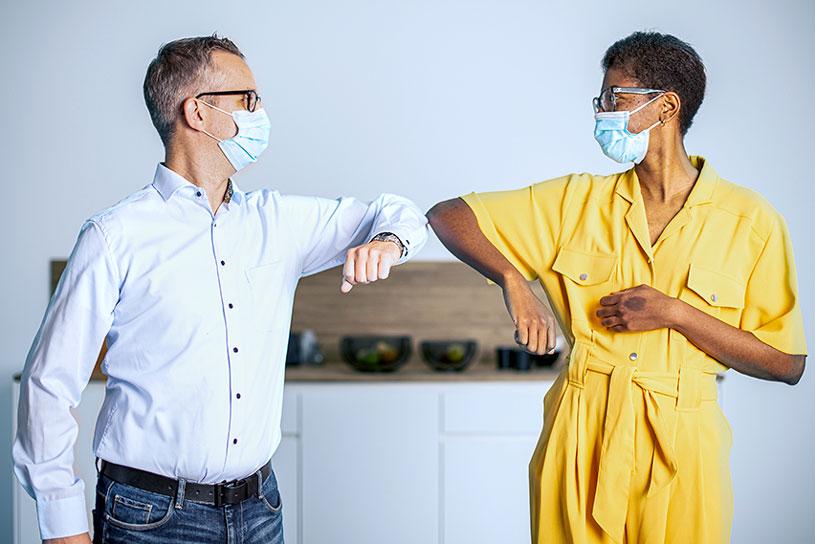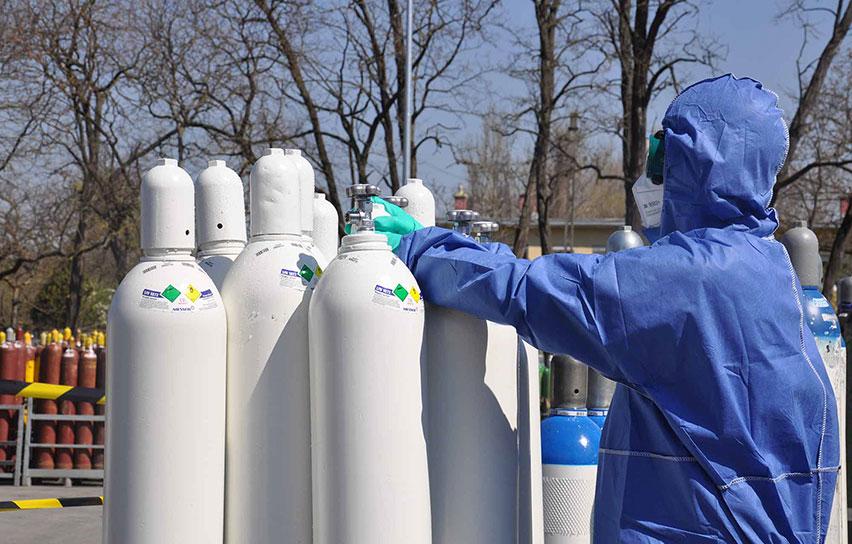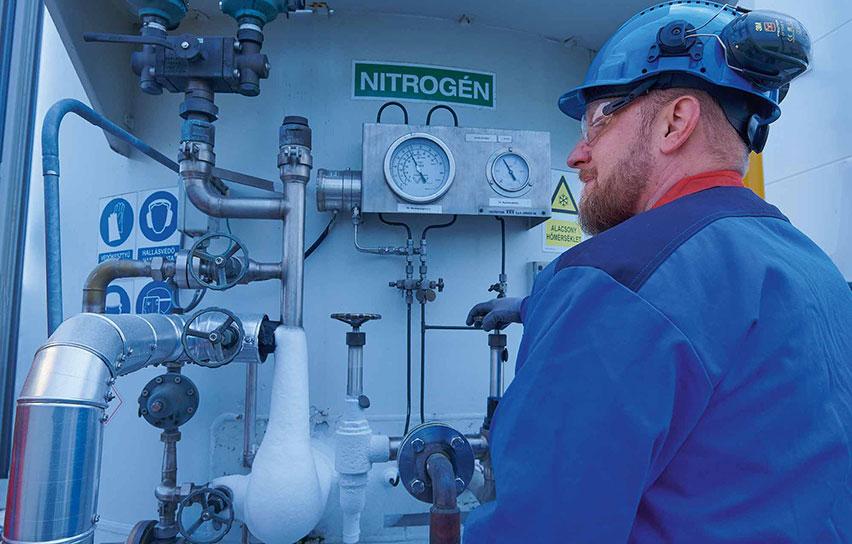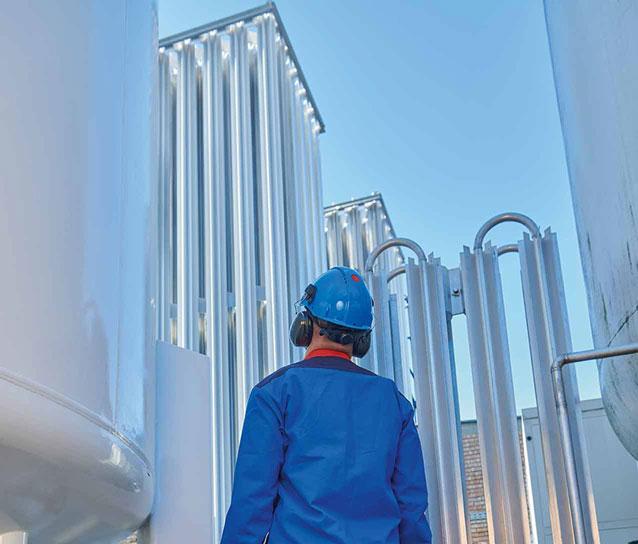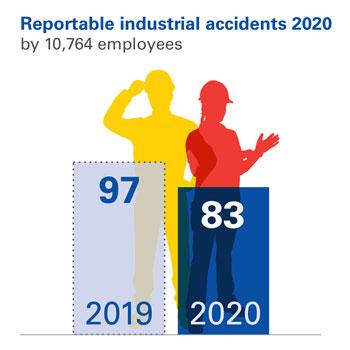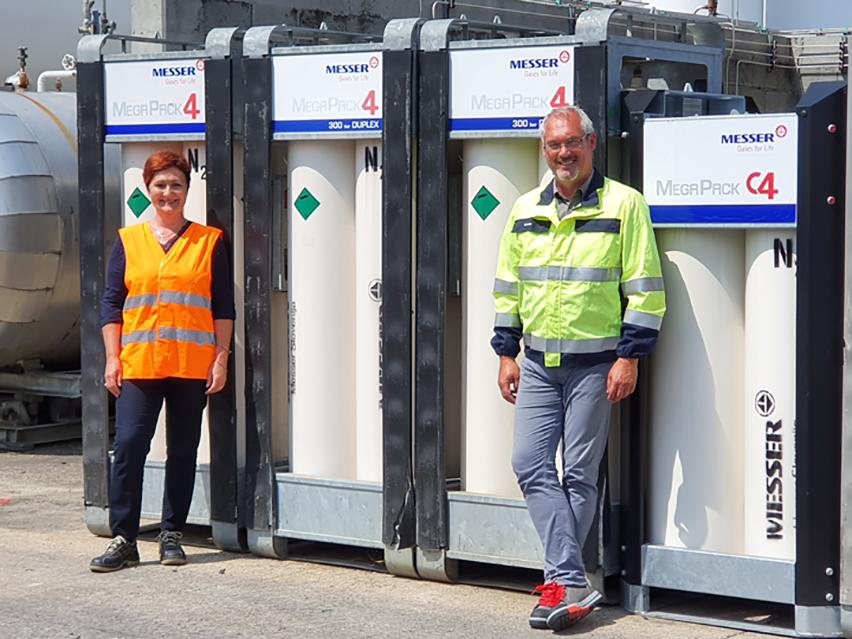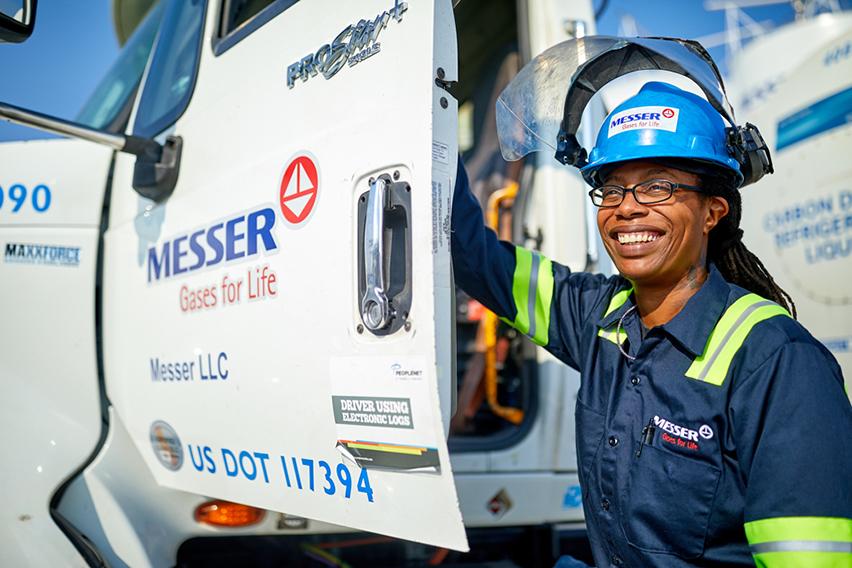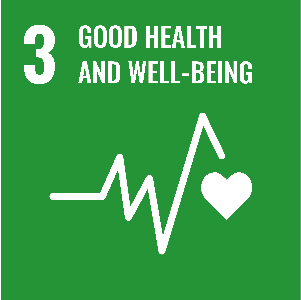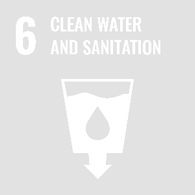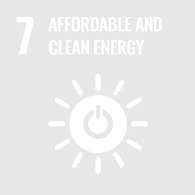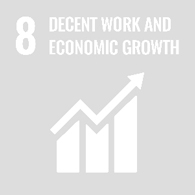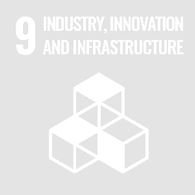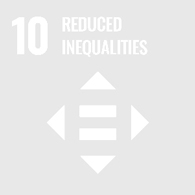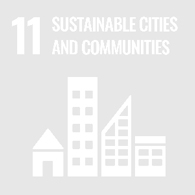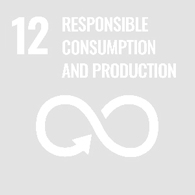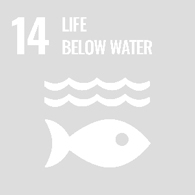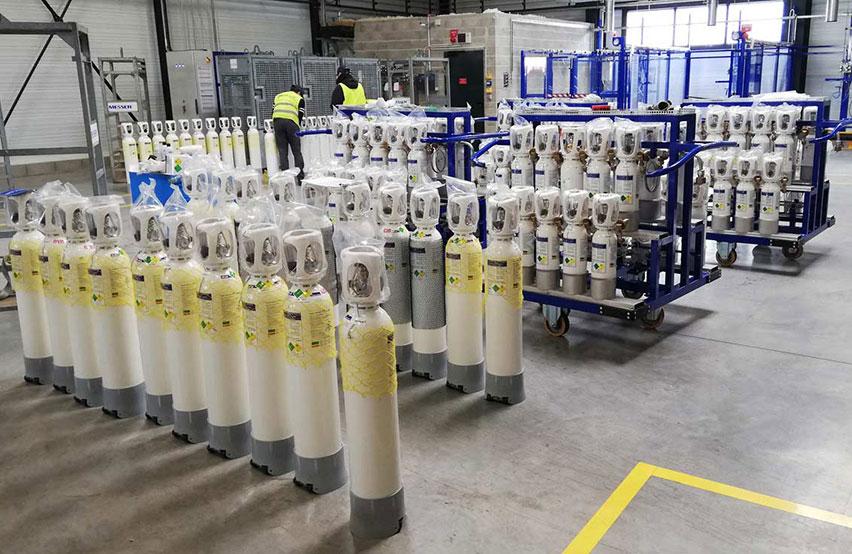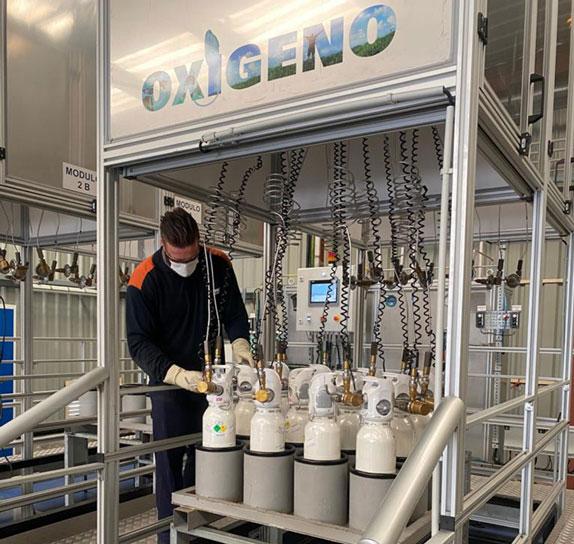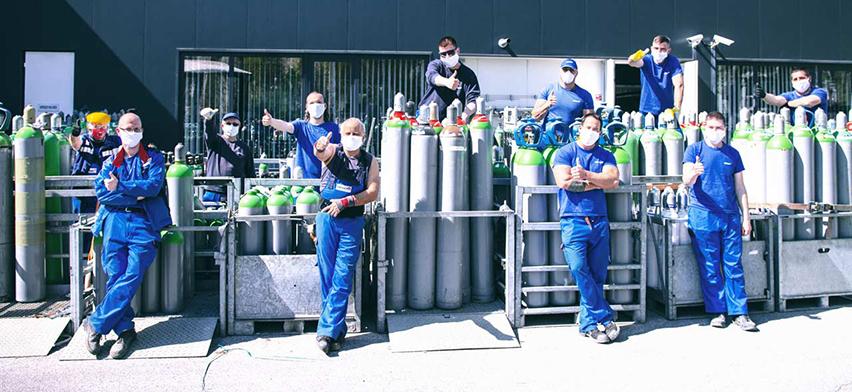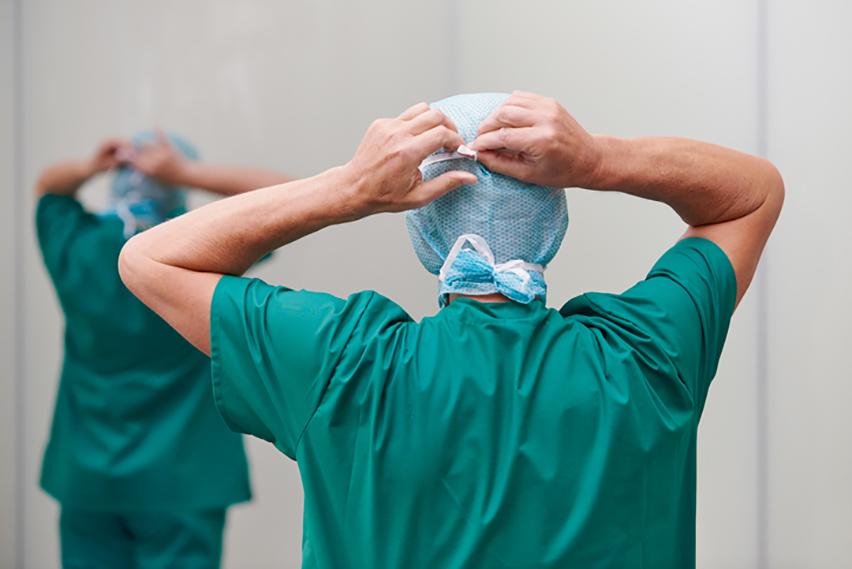Safety & Health 2020
The worldwide coronavirus pandemic has underscored the importance of regularly disinfecting hands and surfaces and complying with hygiene measures. In 2020, Messer worked with Heraeus Noblelight to develop a mobile UV-C disinfection system for decontaminating surfaces and shapes of all kinds. To make it as versatile as possible to use, the system is designed as a hand-held device. The system from Heraeus’ Soluva product range can be used to sterilize not only production machinery and vehicles, but also public buildings and offices, as well as numerous fabrics, motor vehicle interiors, and control panels, along with many other surfaces.
Messer itself is relying on the mobile UV-C disinfection system throughout Europe to disinfect gas cylinders for medical oxygen when hospitals or patients return them for refilling. Disinfection with UV-C light offers many advantages over the chemical approach: it considerably reduces the amount of effort required; it minimizes risks for operators, consumers and the environment; and it lowers the risk of material damage to pressure tanks and their accessories.
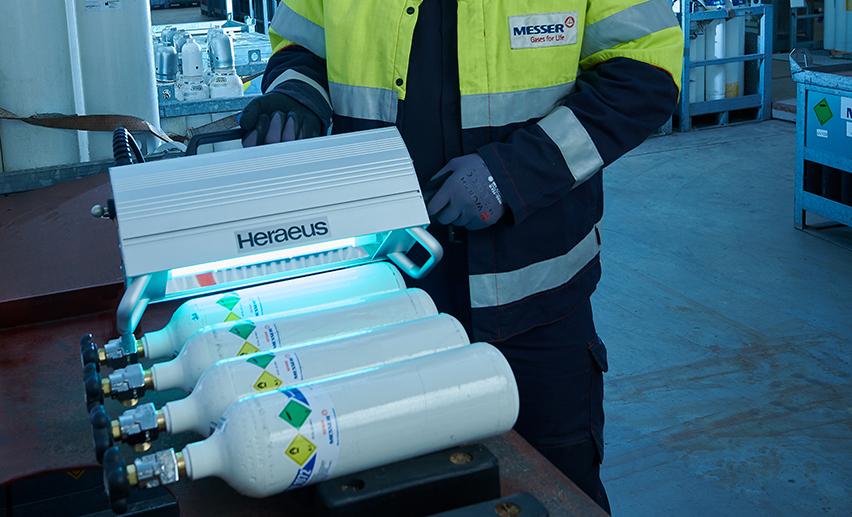
The road transport of gases carries many risks. For that reason, the Messer Group signed the Road Safety Charter and has committed itself to placing special focus on transportation safety. In addition to the statutory regulations governing the operation of a fleet of vehicles, Messer’s own transportation safety concept has proven effective.
Logistics develops safety measures at the national and international level and logistics and safety personnel continuously exchange information about their experience relative to improving our safety performance.
For the most part, Messer employs external carriers to transport our gases. Legally required driver training courses fall under the responsibility of the carriers and are supplemented with a driver training program developed by Messer Corporate Logistics.
An on-board computer system installed in the trucks since 2019 records safety-related driving data that contribute to specifically targeted instruction. The system evaluates the vehicle’s driving data and the system’s own sensors, displaying warnings when necessary to encourage more defensive driving while out on the road. That makes transport operations safer and – through lower fuel consumption – also more eco-friendly.
At Messer, the number of preventable accidents worldwide during the transport of our cylinder gases in 2020 was 64 – that means 3.05 accidents per million kilometers driven (4.91 accidents/million miles driven). The number of preventable accidents during the transport of liquefied gases was 194; accordingly, the frequency rate per million kilometers driven during the same period was 0.89 (1.43 accidents/million miles driven).
This relatively high number is attributable to the fact that some of Messer’s statistics also include reported near misses, which constitute a non-negligible share of the incidents. Part of Messer’s safety strategy involves learning not only from accidents, but also from unsafe behavior. Logistics encourages the proactive reporting of these near misses.
Appropriate supplier management and the previously mentioned driver training courses – including ones supported by the new on-board computing system – will help to reduce the number of incidents further. In addition, all drivers receive a driver’s manual specific to their work (bulk, cylinders or service vehicles). This ensures that all important information relating to their job is readily accessible.

